
When you create your online store, you may be sceptical about the necessity of ecommerce business insurance. Good insurance will protect you against risks to your business, such as cyberattacks, defective products, and property damage.
The purpose of these insurance brands is to develop and manage these risks for you, so you can devote your full attention to developing your shop, with no worries.
This guide discusses how ecommerce business insurance is important to protect your e-commerce business, outlines the policies you may want to consider, highlights top companies offering good insurance options, and provides tips for filing claims if needed.
Let's jump in!
What is Ecommerce Insurance?
It is a policy or insurance designed for online e-commerce stores to protect their financial assets during any unforeseen circumstances. This business insurance plan protects online businesses against incidents that may impact business activities, including data breaches, cyber crimes, loss of intellectual property, and lawsuits.
Ecommerce insurance exists to give you peace of mind. It lets you focus on what you are good at: running and expanding your business. A variety of insurance options can shield your store from different risks.
Here’s a quick breakdown of the main types you should look into:
Why Ecommerce Business Insurance is Essential: Types of Insurance
General Liability Insurance
This covers bodily injury, property damage, or personal injury claims against your business or for something related to business operations. Essentially, it covers the legal claims third parties may file in the event they experience an accident or damages caused by your product or service.
Product Liability Insurance
The other type of online retailer is a product liability insurance company. This coverage protects your company’s products and services from many risks. If someone gets into risk or has an accident while using your product, or if they receive a faulty item, this insurance will help cover the damages. It is a specific process to address the manufacturing, design, and usage aspects of your products.
Cyber Liability Insurance
This is in place to help if you experience a data breach, cyber-attack, or another online security incident. If you run an e-commerce business that stores customer information, ensure you obtain cyber insurance. It can help with costs if your data gets breached.
Property Insurance
If you sell physical products, keeping your inventory safe is main purpose. This insurance protects you from financial loss if your inventory or equipment is stolen, damaged, or destroyed.
Shipping Insurance
It addresses issues such as lost or damaged products during transit. This coverage prevents your business from bearing the costs of these issues, which could add up fast.
Business Interruption Insurance
If your business has to close due to events such as disasters or cyberattacks, this coverage helps compensate for the lost income. It helps pay for basic costs and fills the gap until your operations return to normal.
Now, let's explore why every online store owner should think about choosing proper insurance policies:
Why Ecommerce Businesses Need Insurance
1. Staying Safe from Cybersecurity Risks
- Online retailers are prime targets for cyberattacks, data breaches, and fraud.
- Cyber liability insurance helps cover the costs of recovery, legal fees, and customer notifications in case of a data breach or cyberattack.
2. Shielding from Product Liability
- If a product you sell causes injury or harm, your business could face lawsuits and significant legal costs.
- Product liability insurance protects your business from these types of claims, covering legal expenses and compensation.
3. Dealing with Shipping Challenges
- Problems such as lost or broken shipments can be costly and leave customers dissatisfied.
- Shipping insurance helps protect your products against loss or damage during shipping. It limits your potential losses.
4. Protecting Physical Property
- Accidents, natural disasters, or theft can damage your warehouse, office, or inventory.
- Property insurance ensures your physical assets are protected, helping your business recover quickly from such incidents.
5. Handling Legal Disputes
- Occasionally, rivals, consumers, or allies may choose to seek legal action against you; fighting against those lawsuits can become quite expensive.
- Liability insurance covers the legal expenses of those disagreements so you can handle these legal risks without running the danger of a financial calamity.
You should collaborate with reputable suppliers who specialize in customized insurance for internet companies to establish the exact ecommerce business insurance you need.
Best Ecommerce Business Insurance Providers
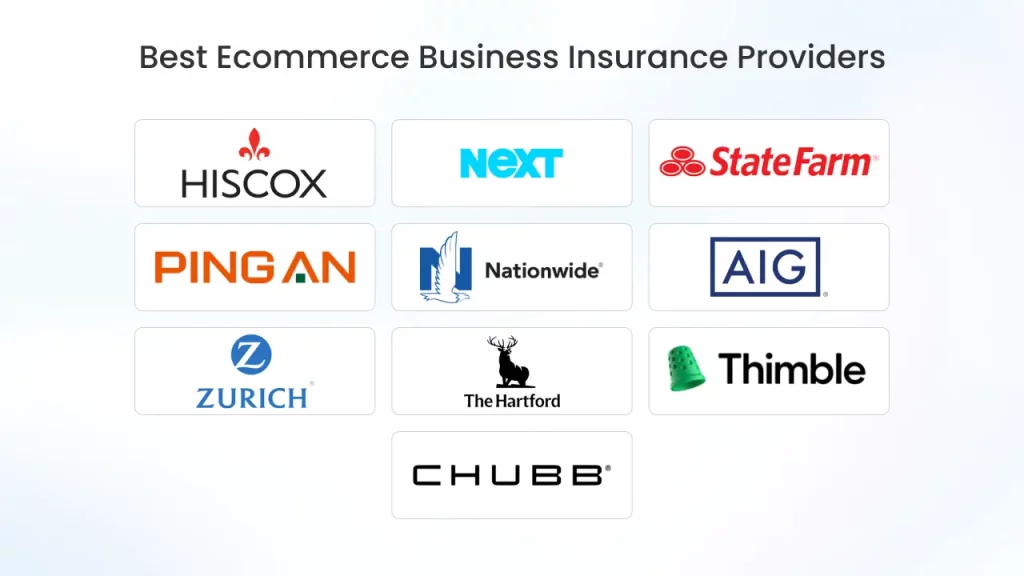
Below are some recommended companies that sell insurance policies for online businesses:
Hiscox
Hiscox has insurance for small and medium-sized online stores. You can obtain insurance coverage for general liability, cyber-related issues, and product-related problems. People say they pay claims fast, and their policies are flexible. They want to give online sellers dependable protection that doesn't cost too much.
- Price: Starts between $40 and $50, depending on the business's size.
- AM Best score: A (Excellent)
Next Insurance
This service is all about helping small businesses with straightforward and affordable insurance options, like general liability, product liability, and coverage for business interruptions. Their online platform is super easy to use, allowing business owners to handle their insurance needs with ease.
- Price: Begins at $25 per month with options to pay.
- AM Best rating: A (Excellent)
State Farm
For online companies, this presents a perfect combination of property insurance and liability coverage. Their property insurance protects your priceless assets such buildings and equipment from hazards including fire, theft, or other damage. Their liability coverage aims to help companies handle claims from third parties at the same time. People rely on these services since they are famous for their simple approach and great customer care.
- Price: Begins at $50 to $100 per month, depending on business needs.
- AM Best rating: A++ (Superior)
Pingan
Pingan focuses on offering complete insurance solutions to e-commerce companies worldwide. It provides customized plans to cover risks in international shipping and global liability, making it suitable for businesses that operate across borders. This ensures protection for online companies in multiple markets.
- Price: Costs vary significantly based on the amount of coverage required and the size of the business. Flexible custom plans are also offered.
- AM Best rating: A (Excellent)
Thimble
This provides on-demand insurance meant to help small companies in the e-commerce sector meet seasonal or evolving demands. Its pay-as-you-go programs provide reasonably priced protection without tethering you to extended agreements. Their app or internet tools let you revise or manage your coverage as needed.
- Price: Plans start at $15 a month. This suits businesses with tight budgets or seasonal demands.
- AM Best rating: A (Excellent)
Chubb
Chubb provides e-commerce businesses with comprehensive insurance solutions, including property, liability, and cyber risk coverage. They focus on medium and large companies offering insurance plans with extensive coverage worldwide and high coverage limits. This makes their services a great option for companies that handle complex risks.
- Price: Depends on the business’s size and needs. Pricing is higher due to the extensive coverage offered.
- AM Best rating: A++ (Superior)
The Hartford
The Hartford offers thorough and dependable insurance plans. It focuses on areas like property damage, liability coverage, business interruption, and data breach protection. Its 24/7 in-house team handles claims to reduce delays for online businesses. Policy management becomes easier with its user-friendly online platform paired with strong customer service, helping keep your business secure and running .
- Price: Average of $85, though it varies with business type and coverage needs.
- AM Best rating: A+ (Superior)
AIG
Insurance choices are available worldwide with the help of AIG, making it an excellent consideration for e-commerce businesses. Their coverage aims to contemplate risks of cyberattacks, property losses, and liabilities with policies adjustable to the specific needs of a business. AIG particularly suits businesses confronted with complex risks and where a tailor-made set of safeguards can be provided to work across borders.
- Price: Pricing depends on the required coverage and how far the business operates.
- AM Best rating: A (Excellent)
Zurich
Zurich focuses on offering property and liability insurance worldwide to e-commerce businesses operating in multiple countries. They design flexible policies to help companies with several locations and provide coverage to handle international shipping needs. Their broad coverage options and dependable customer support make Zurich a solid option for companies dealing with complicated global requirements.
- Price: Custom pricing based on the international scope and needs of the business.
- AM Best rating: A+ (Superior)
Nationwide
Nationwide provides broad coverage to e-commerce businesses. This includes property insurance, general liability, and protection against business interruptions. It is regarded for its strong customer support and simple online tools. Businesses of any size can get the coverage they need.
- Price: vary depending on the coverage, but plans for e-commerce businesses start at $50 to $100.
- AM Best rating: A+ (Superior)
Here’s how to file an insurance claim and protect your e-commerce business.
Follow these step-by-step instructions to make the process quick and secure your coverage.
How to Claim Ecommerce Business Insurance: Step-by-Step
Step 1: Check Your Policy
Ensure your policy covers the incident that occurred. Some policies might have exceptions or specific rules.
Step 2: Collect Proof
If there's a shipping issue, a product breaks, or a cyberattack occurs, you'll need proof. Get pictures, reports, and files to back up your claim.
Step 3: Contact Your Insurer
Notify your insurance company immediately. Lots of them want to be told about a claim within a month or two.
Step 4: Send in Your Documents
Provide them with the requested information, such as proof, incident reports, and any other necessary documents.
Step 5: Stay in Touch
Keep in touch with your insurance company to check on the status of your claim and provide any additional information they may request.
Step 6: Review the Offer
Once your claim is complete, review the offer to ensure it's fair. If it looks good, accept it to finalise the arrangements.
Protect Your Online Store Today with the Right Ecommerce Insurance
If you run an online business without appropriate insurance cover, it’s like going to sea without a life raft – not a great idea, because there are all sorts of sudden choses in the water which can scupper all the hard work you’ve done. Ecommerce business Insurance provides peace of mind.
Keep in mind that, as you're building your brand and growing your client base, you’re protected no matter what happens.
Don’t be caught off guard—get the protection you need now to secure the future of your e-commerce business.
FAQs
1. Do ecommerce businesses need insurance?
Absolutely, need insurance to cover the potential risks that come with cyberattacks, product mishaps, or shipping complications.
2. Do I need to have insurance for an ecommerce business?
Yes it’s essential to have insurance to minimize the impact of financial losses and surprises you didn’t see coming – but that’s not the only reason.
3. What type of insurance do I need for an ecommerce business?
You want types of insurance that include general liability, cyber liability, product liability, shipping coverage and property insurance.
4. How much does ecommerce insurance cost?
Costs can fluctuate depending on the size, risks and specific coverage the business needs. For small businesses, it’s a justifiable cost.
5. Can small businesses get ecommerce insurance?
Absolutely. Small businesses do have access to affordable e-commerce insurance plans that cater to their needs.


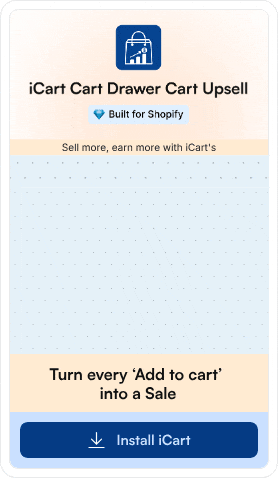
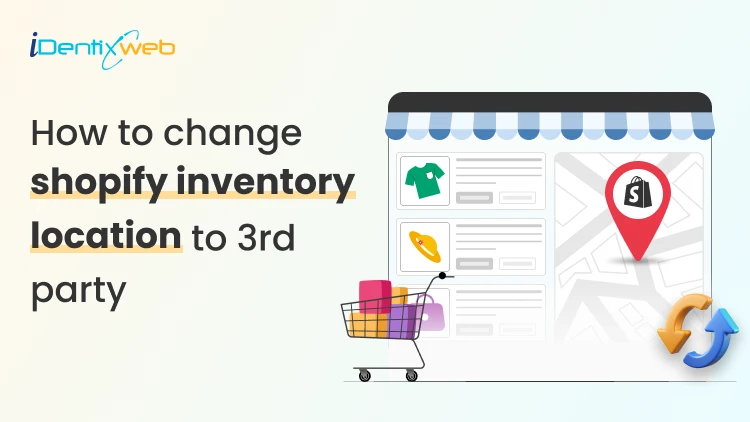
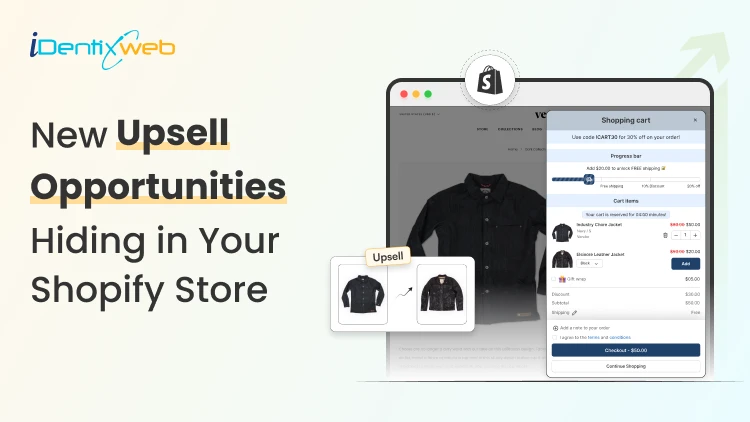
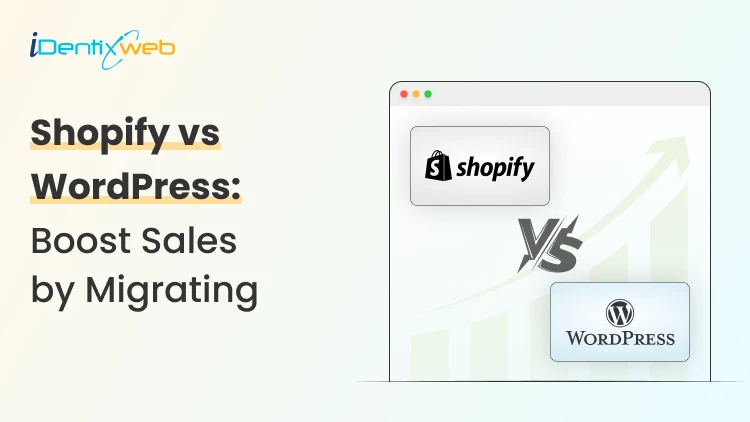

About the author
Bhavesha Ghatode
Explore Content with Bhavesha, a passionate and dedicated technical content writer with a keen understanding of e-commerce trends. She is committed to sharing valuable insights, practical assets, and the latest trends that can help businesses thrive in a competitive environment.